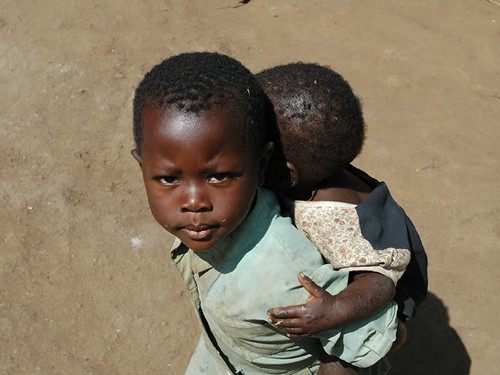President Obama has changed the United States government’s rhetoric towards Iran - but what does that actually mean for foreign policy in the Middle East?
America’s stance towards Iran has never been particularly nuanced, at least not in public. Both the Ayotollah and President of Iran have changed a number of times since the Islamic Revolution of 1979, but the U.S. government has never signaled a significant shift in policy towards the country. A recent article in The Economist questions what Obama’s change in tone actually means for relations between the two states, especially considering the lack of rapprochement in the past.
Iran has had a number of Presidents since 1979, and many of them have not fit the stereotype of what an enemy of the U.S. should act like. President Mohammed Khatami, who was President of Iran from 1997 to 2005, was undoubtedly the country’s most liberal President since the Revolution. He was a reformist who allowed for greater freedom of expression domestically, and also softened Iran’s stance towards the West, openly claiming that Iran had “no hostility” towards the U.S. in 1998. However, in 2003, when Khatami was still in power, U.S. President Bush called Iran a member of the Axis of Evil.
In 2005, Khatami was succeeded by Mahmoud Ahmadinejad, the current hardliner President of Iran. Some might claim that Bush’s comments affected the outcome of the election; Iranians might have seen that no matter how liberal a President they elected, the U.S. would never really respect their efforts to improve relations between the states. Others would argue that the U.S. had nothing to do with the election results, and that the reason the reformists lost was because of Khatami’s own failure to successfully enact his reforms domestically.
The question of how influential the President of Iran is in improving relations with the U.S. speaks to the immense power the Ayatollah has in Iran. Obama explicitly reached out to the Ayatollah in his statements on improving diplomacy between the two countries in large part because he knows that without the Ayatollah’s support, it is unlikely that he will be able to accomplish any changes whatsoever.
There is a Presidential election in June 2009 in Iran - Ahmadinejad is running for reelection, and Khatami recently bowed out of the race, significantly increasing the current President’s chances for victory. However, given Obama’s strategy of dealing directly with the Ayatollah, it might not even matter.




